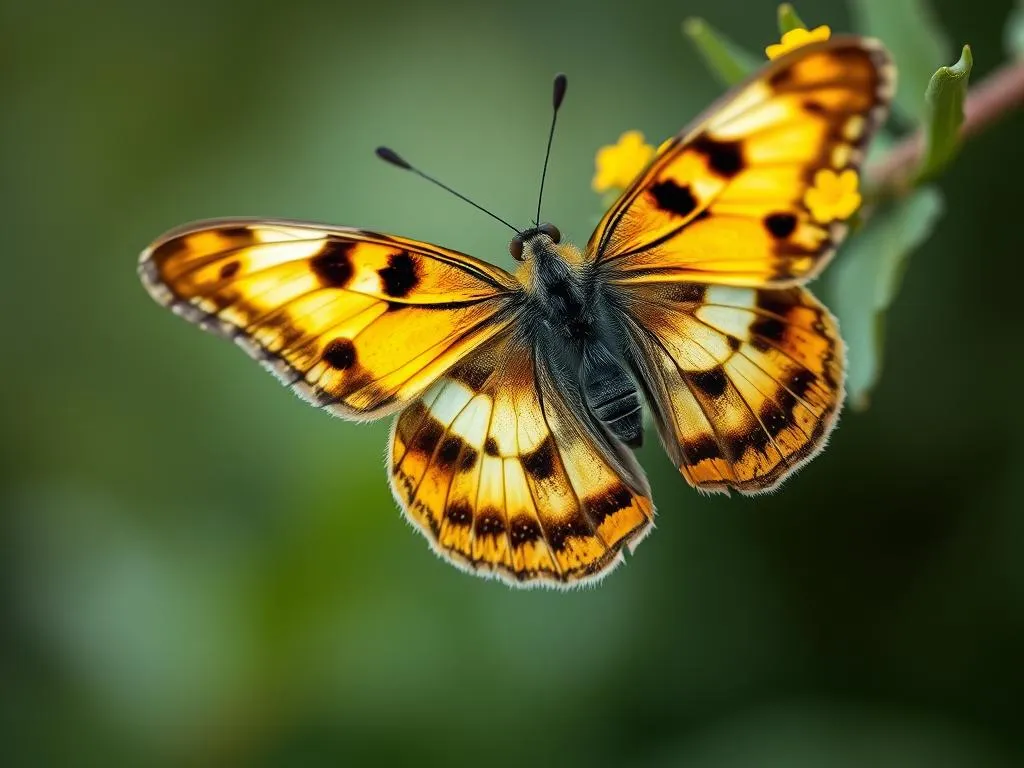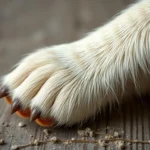
The Papillon is a delightful toy breed known for its distinctive butterfly-like ears, charm, and playful personality. As one of the most popular companion dogs, Papillons are not only adored for their looks but also for their intelligence and affectionate nature. Understanding the Papillon lifespan and how to care for them is essential for any owner wishing to ensure a long, happy life for their furry friend.
Understanding the Papillon Breed
History of the Papillon
The history of the Papillon traces back to the Renaissance period in Europe, where these small dogs were favored by nobles and royalty. Originally known as the “Continental Toy Spaniel,” the breed has undergone significant changes over time, with its popularity peaking in the courts of France. The name “Papillon,” which means “butterfly” in French, refers to the breed’s unique ear shape. Throughout history, Papillons have been celebrated for their companionship and loyalty, solidifying their status as beloved pets.
Characteristics of the Papillon
Papillons are small dogs typically weighing between 5 to 10 pounds and standing about 8 to 11 inches tall. Their long, flowing coat is often white with patches of color, including black, lemon, or sable. In addition to their striking appearance, Papillons are known for their lively and intelligent nature. They exhibit high energy levels, making them playful companions. Their intelligence allows them to learn commands quickly, but their spirited personality means they also require consistent training and mental stimulation.
Papillon Lifespan
Average Lifespan of Papillons
When it comes to the Papillon lifespan, these dogs typically live between 12 to 16 years. Several factors can influence their longevity, including genetics, nutrition, and overall care. Understanding these factors can help owners make informed choices to enhance their pet’s quality of life.
Common Health Issues Affecting Lifespan
Despite their generally robust health, Papillons can be prone to specific health issues that may shorten their lifespan. Common conditions include:
- Dental Issues: Papillons are susceptible to dental problems due to their small mouths, leading to periodontal disease if not addressed.
- Patellar Luxation: A common issue in small breeds, this condition involves the dislocation of the kneecap, which can lead to pain and mobility issues.
- Eye Problems: Genetic predispositions can lead to cataracts or other eye conditions, affecting their vision and quality of life.
Awareness of these potential health issues is vital for early detection and treatment, ultimately supporting a longer lifespan.
Factors Affecting Papillon Lifespan
Genetics
Genetics play a significant role in determining the health and longevity of a Papillon. Responsible breeding practices ensure that genetic predispositions to certain health issues are minimized. When selecting a Papillon, it’s crucial to choose a reputable breeder who conducts health screenings to produce healthy puppies.
Nutrition
A balanced diet is fundamental to maintaining a healthy weight and overall well-being. A diet specifically formulated for small breeds can provide the necessary nutrients that Papillons require. High-quality commercial dog food or a carefully planned homemade diet, under a veterinarian’s guidance, can help ensure they receive optimal nutrition.
Recommended Diet for Papillons
- High-Quality Dry Kibble: Look for brands that list meat as the first ingredient.
- Wet Food: Can be included for variety and added moisture.
- Fresh Fruits and Vegetables: Small quantities of safe fruits and veggies can be a healthy treat.
- Water: Always ensure your Papillon has access to fresh, clean water.
Exercise and Mental Stimulation
Papillons are energetic dogs that require regular exercise to stay healthy and happy. Daily walks, playtime, and interactive games help expend their energy and maintain physical fitness. Additionally, mental stimulation is crucial for this intelligent breed. Engaging them in puzzle toys, training sessions, and interactive games can prevent boredom and reduce behavioral issues.
Preventive Health Care for Papillons
Regular Veterinary Check-ups
Routine veterinary visits are essential to monitor your Papillon’s health and catch any potential issues early. Regular check-ups allow for vaccinations to be updated and for dental health to be assessed, which is particularly important for small breeds.
Dental Care
Dental hygiene is critical for Papillons due to their predisposition to dental issues. Establishing a dental care routine can prevent serious health problems down the line.
Tips for Maintaining Dental Health
- Regular Brushing: Brush your dog’s teeth several times a week using toothpaste formulated for dogs.
- Dental Chews: Provide dental chews that can help reduce plaque and tartar buildup.
- Professional Cleanings: Schedule professional dental cleanings with your vet as needed.
Parasite Prevention
Papillons are vulnerable to various parasites, including fleas, ticks, and worms. Regular preventive measures can protect them from these threats.
Recommended Preventive Measures
- Flea and Tick Treatment: Use vet-recommended topical or oral medications.
- Heartworm Prevention: Administer monthly heartworm preventatives.
- Regular Stool Checks: Have your vet perform fecal tests to check for intestinal parasites.
Common Signs of Health Issues in Papillons
Behavioral Changes
Owners should be observant of any behavioral changes that may indicate health issues. These can include increased aggression, withdrawal, or changes in energy levels.
Physical Symptoms
Physical signs of health problems can manifest in various ways. Watch for:
- Weight Loss: Sudden or unexplained weight loss can indicate underlying health issues.
- Lethargy: A decrease in activity or interest in play can signal health problems.
- Changes in Appetite: Sudden increases or decreases in food intake should be evaluated.
When to Consult a Veterinarian
If you notice any concerning signs or symptoms in your Papillon, it’s crucial to consult a veterinarian promptly. Early intervention can often lead to more effective treatment options.
Quality of Life Considerations
Aging Papillons
As Papillons age, their care requirements may change. Regular vet visits become even more critical to monitor age-related health issues. Adjusting their diet, exercise routine, and living environment can help accommodate their needs as they grow older.
Palliative Care
For aging or terminally ill Papillons, palliative care options are available to ensure comfort. This may include pain management, specialized diets, and emotional support. It’s essential for owners to make informed decisions about their pet’s care, focusing on what will provide the best quality of life.
Conclusion
Understanding the Papillon lifespan and the factors influencing it is vital for responsible ownership. By prioritizing health care, nutrition, exercise, and preventive measures, owners can significantly impact their Papillon’s longevity and quality of life. Ultimately, a well-cared-for Papillon can bring joy and companionship for many years, creating cherished memories together.
By taking these insights to heart and being proactive in their care, you can ensure that your Papillon lives a long, happy, and healthy life.









